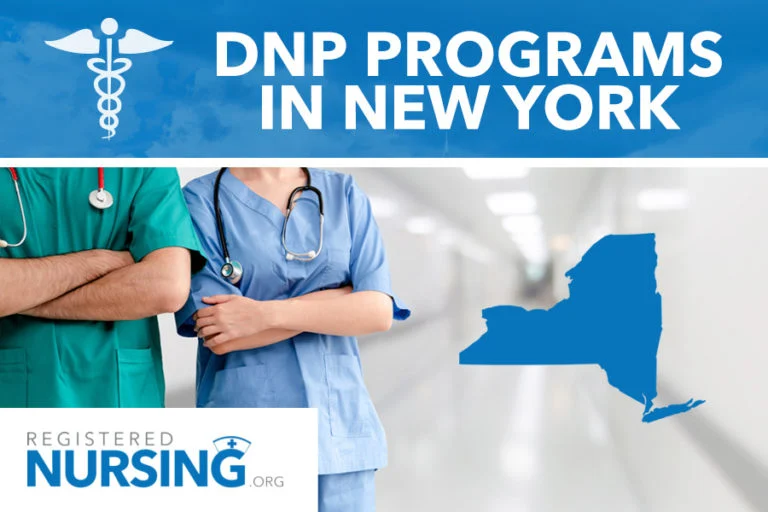Buy Nursing Practice (DNP) Degree
Empowering Excellence: The Doctor of Nursing Practice (DNP) Degree we have the connection to process you a legally register DNP licence without you writing the exam we take care of everything and have your DNP liense registered for verification.
Buy Nursing Practice (DNP) Degree In the dynamic landscape of modern healthcare, the Doctor of Nursing Practice (DNP) degree stands as a beacon of innovation and excellence, empowering nurses to lead transformative change in clinical practice, education, and healthcare policy. This article explores the significance of the DNP degree, its evolution, core competencies, and the profound impact it has on nursing practice and patient care.
Evolution of the DNP Degree Buy Nursing Practice online
The DNP degree emerged in response to the evolving healthcare needs and demands for advanced nursing practice. It represents the pinnacle of nursing education, bridging Buy Nursing Practice online the gap between theory and practice and equipping nurses with the knowledge, skills, and leadership acumen necessary to address complex healthcare challenges. Since its inception, the DNP degree has gained recognition as the terminal practice-focused degree for nursing professionals, fostering clinical expertise, innovation, and evidence-based practice.
Core Competencies of the DNP:
The DNP curriculum is designed to cultivate advanced clinical expertise, leadership proficiency, and scholarly inquiry. Key competencies encompass:
- Advanced Clinical Practice: DNP graduates demonstrate expertise in advanced nursing practice, applying evidence-based interventions to optimize patient outcomes across diverse healthcare settings.
- Leadership and Systems Thinking: DNP-prepared nurses assume leadership roles in healthcare organizations, fostering interdisciplinary collaboration, advocating for quality care, and implementing strategic initiatives to improve healthcare delivery.
- Evidence-Based Practice: DNP graduates engage in scholarly inquiry, critically appraising research evidence, and translating findings into clinical practice to enhance the quality and safety of patient care.
- Healthcare Policy and Advocacy: DNP-prepared nurses influence healthcare policy at local, national, and global levels, advocating for legislative changes, promoting health equity, and shaping the future of healthcare delivery.
- Interprofessional Collaboration: DNP graduates collaborate with diverse healthcare professionals to address complex health challenges, promote interdisciplinary teamwork, and optimize patient-centered care.
Impact of the DNP on Nursing Practice:
The DNP degree empowers nurses to drive innovation, lead change, and elevate the standard of care in clinical practice. DNP-prepared nurses serve as catalysts for healthcare transformation, implementing evidence-based practices, improving patient outcomes, and shaping healthcare policy to meet the evolving needs of populations. Whether as advanced practice clinicians, nurse leaders, educators, or researchers, DNP graduates are at the forefront of advancing nursing practice and shaping the future of healthcare delivery.
Conclusion:
The Doctor of Nursing Practice (DNP) degree represents a paradigm shift in nursing education, empowering nurses to lead with excellence, integrity, and innovation. As agents of change, DNP-prepared nurses champion patient-centered care, advance evidence-based practice, and drive healthcare innovation to improve the health and well-being of individuals, families, and communities. In embracing the DNP journey, nurses embark on a transformative path toward professional growth, leadership development, and the realization of their full potential as healthcare leaders and change agents

